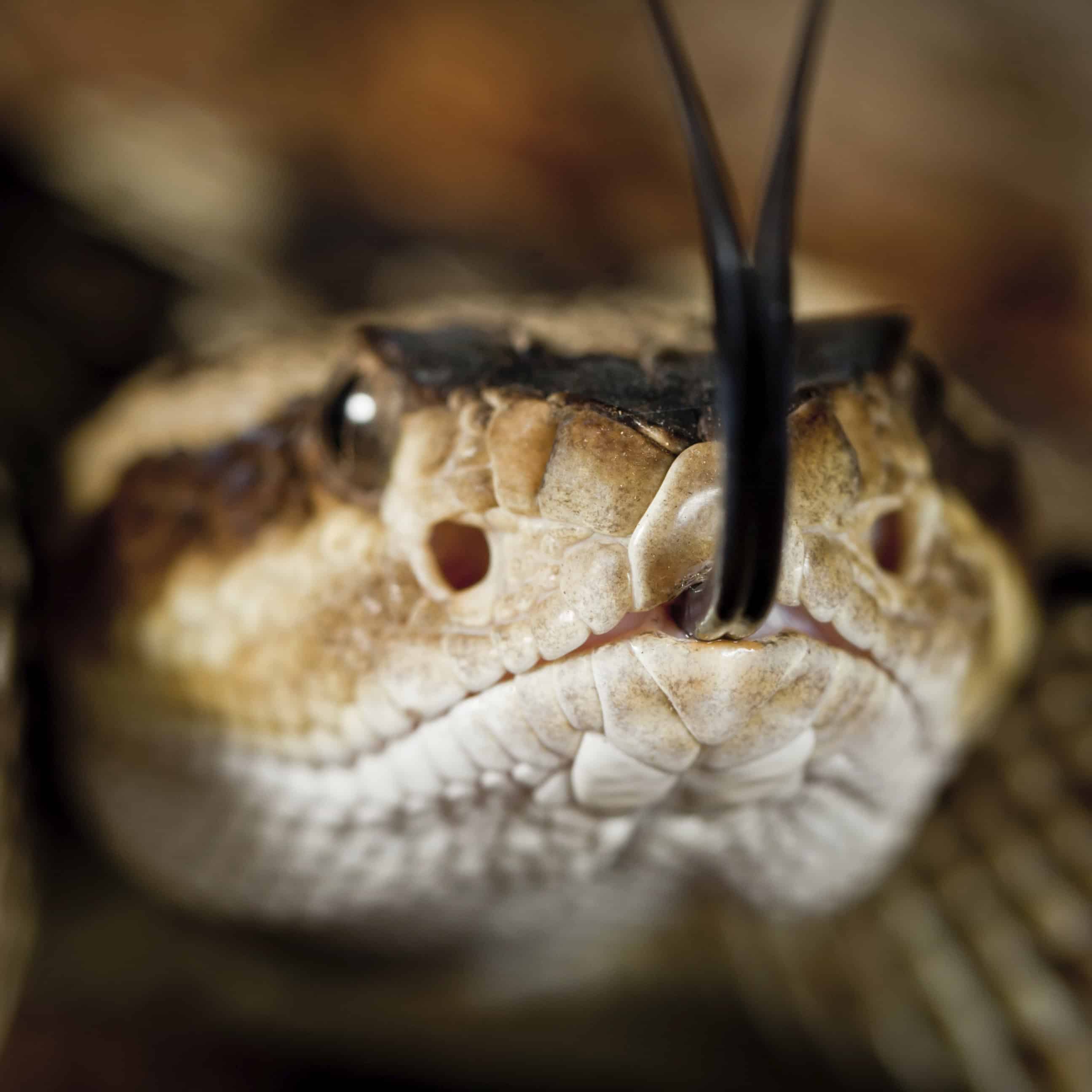Rattlesnake Safety for Pets
 Most Californians are aware of the danger that rattlesnakes can pose, both to us and our pets. Rattlesnakes inject venom through their fangs into their prey (usually because they feel threatened), with deadly results. When their prey happens to be a curious pet, however; the consequences can be devastating.
Most Californians are aware of the danger that rattlesnakes can pose, both to us and our pets. Rattlesnakes inject venom through their fangs into their prey (usually because they feel threatened), with deadly results. When their prey happens to be a curious pet, however; the consequences can be devastating.
Are you taking the rattlesnake safety precautions necessary for your pets?
Why Rattlesnake Bites Are Serious
When a pet or person is injected with rattlesnake venom, the poison begins to act instantaneously. The venom disrupts the blood vessels in the region of the bite, resulting in swelling and severe blood loss.
Rattlesnake venom also disrupts the blood’s ability to clot, causing further blood loss. If left untreated, the effects will lead to shock, and eventually death.
Rattlesnake Safety Tips for Pet Owners
When you have your pet outdoors, it is important to be vigilant, so as to avoid rattlesnake encounters. Consider the following rattlesnake safety pet tips:
- Keep your dog on a leash whenever possible
- Do not stray from trails when hiking
- Don’t allow your pet to pester wildlife
- Avoid areas where snakes live such as tall grass, brush, and rocky outcroppings (including those found in parking lots)
- Keep your yard free of debris to prevent rodents (snake food)
- Spend time training your pet to come when called
- Consider vaccinating your pet prior to rattlesnake season (around April for most of California)
- Familiarize yourself with what a rattlesnake bite might look like so that you can identify a bite even if you do not witness it
While the rattlesnake venom vaccine is effective for most of the rattlesnakes in California, the Mojave rattlesnake has a different type of venom.
Vaccination does not eliminate the need for treatment for a snake bite, but rather decreases the severity of the consequences in most situations. Regardless of whether your pet is vaccinated, it is important to take the proper safety precautions.
What to Do if Your Pet is Bitten by a Rattlesnake
If your pet gets bitten by a rattlesnake, time is of the essence. The faster your pet receives treatment, the better the chances of recovery. Most home remedies for snake bites waste valuable time and offer little true benefit. Your best course of action is to get your pet to a veterinarian without delay.
When a pet is treated for a rattlesnake bite, often supportive care for blood loss and shock are very important. Antivenin is also normally administered. This life-saving compound is a concentrated source of antibodies to the snake venom which comes from horses. It is effective to combat the snake venom for about four hours after a bite occurs, making prompt treatment important.
We hope that you and your pet can avoid rattlesnake encounters by observing these safety tips. In the event that you do, however, we are here to help.

